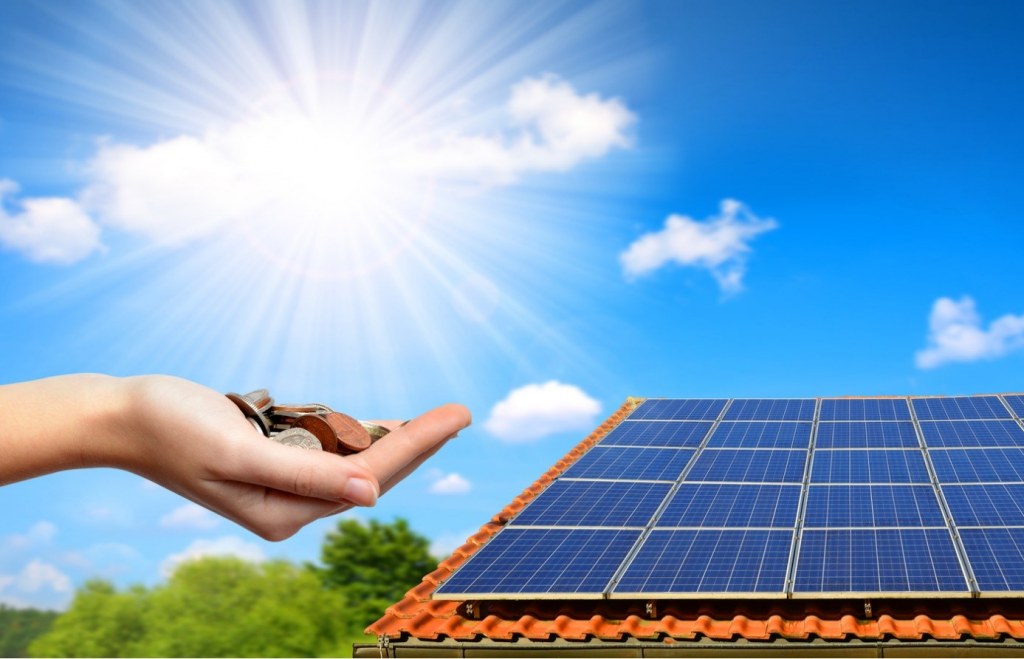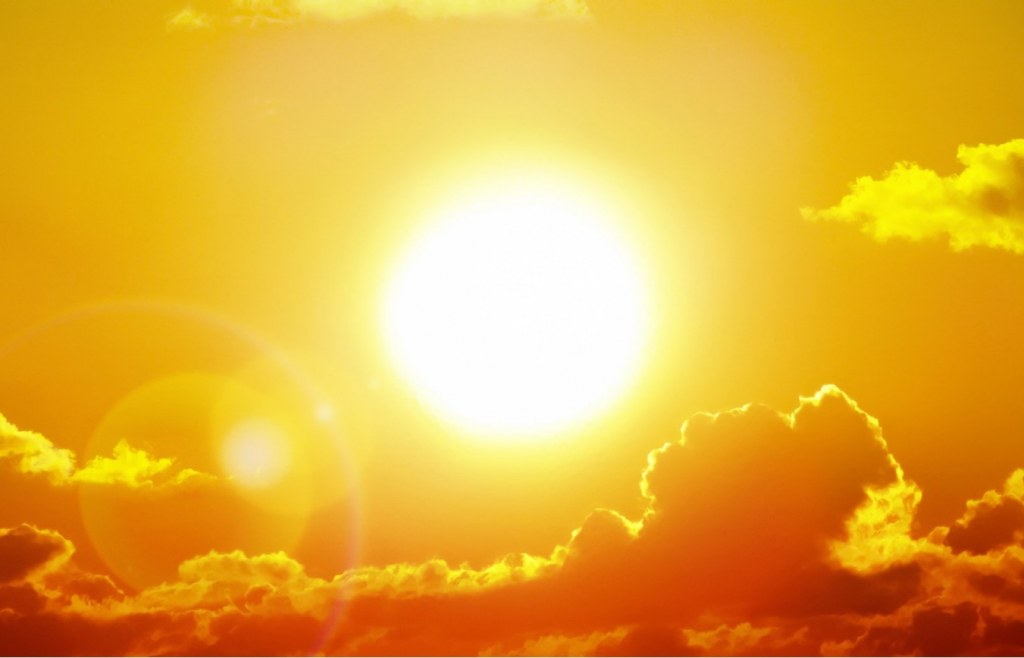When people contemplate going solar, they normally think of big, dark panels covering their rooftops. Not a picturesque sight, by any stretch – but rewarding nonetheless (if you consider the functional aspects of the matter).
Now everybody knows that the sun is the most idyllic source of energy.
Why?
Because it is an unlimitedly renewable natural resource whose rays don’t produce carbon dioxide or other hazardous (read: greenhouse) gas emissions upon conversion – nor do they require any fuel or water/wind propulsion to generate electricity.
These qualities alone make solar power the most environmentally safe energy-producing system that is currently available to us.
There are, however, many other less popularly-known benefits of going solar in your home space – read on below to find out just what!

1. Minimal energy production cost
The maintenance and energy production costs of solar backup solutions are almost non-existent since you are only required to pay for the installation charges of your preferred piece of equipment. The prices of these products – and the costs of solar panels, in particular – varies; depending on the size and the nature of your accommodation.
Despite the considerable initial (capital) investment, your solar energy resources pay up handsomely in the long run, as there are no additional charges for regular usage.
2. Less energy/distance loss
In a traditional (wired) energy system, the losses during the transport and distribution of energy increase proportionally with the distance between the production grid and the supply points. Now although this power wastage isn’t hugely significant, it still keeps your gadgets and utilities from functioning optimally; with this problem being more pronounced in densely populated areas.
With solar energy outlets, however, the photovoltaic panels are fixed on your home rooftops – considerably reducing the distance between the power production unit and your appliances.
3. Flexible installations
One of the major (experiential) benefits that come with the use of solar energy systems is their ease of installation.
First of all, you don’t need a wide-spanning rooftop to have the panels installed. Any horizontal or vertical space will do. And what’s more, you can expand your installations without any hurdle, should your energy requirement change.
Going solar comprises the ideal solution for rural or geographically remote areas, where the cost of power dissemination through the traditional modes of electricity distribution is way too high.
Nowadays, traffic and road safety departments are also known to use solar energy panels (like the ‘Light Pole Power Tap’ manufactured by Solis Energy) to power street light poles and highway lights to save on energy expenditures without comprising on road safety.
4. Energy production capacity primes with demand
Now, this is interesting!
The demand for electrical power, in most urban localities, usually peaks from 11:00 am to 04:00; tethered, obviously, with an increase in price (the infamous ‘Peak Hours’ phenomenon!).
However, since the sun is at its zenith during the daylight peak-demand hours, the price of electricity produced by solar energy falters (roughly equivalent to the decreases seen in traditional electricity supply cost during the late-night hours), which makes it a quite an economical solution for large-scale enterprises.
5. Operational in cold weather conditions
It is a common misconception that solar energy gadgets do not operate well in the winter season.
Now the issue with this assessment is that solar solutions need light, not heat, to operate. So even in the colder months, your solar energy system will continue to fuel your residential and commercial buildings.
There is, however, a catch to this pretty picture.
Having a solar power system in place does not mean that you can completely rid yourself of a traditional electricity connection. This is because solar power cannot be ‘stored’ for delayed usage during heavy rains spells or days with little to no sunlight.
Some solar energy product manufacturers like Solis Energy do offer backup solutions to ensure that all your crucial needs aren’t affected by sudden power outages. Commercial units like hospitals, shopping malls and banks, in fact, often find these solutions useful when dealing with unchecked power fluctuations.

6. Protects the environment
Solar power production doesn’t lead to the emission of any toxic gases – we’ve already stated this at the outset of this piece. It also doesn’t produce any noise pollution, which is a huge plus for urban areas where high-pitched sounds are already a huge concern.
Furthermore, it doesn’t generate any waste to be disposed of later, and the equipment does not require much maintenance. In fact, quality solar product manufacturers like Solis Energy design their products to withstand extremely harsh weather conditions – meaning that they are quite dependable.
7. Less prone to accidents
We have all have heard of the terrible accidents that come about through faulty power grids or broken electrical poles. Solar power grids, however, aren’t so prone to overloads, fires, or any other such injurious catastrophes due to their safer operational mechanism.
In Pakistan, going solar certainly constitutes the next big step towards achieving a state of ‘complete electrification’ – a promise that has for long been touted by many at the helm of governmental affairs, but scarcely delivered. Individual homeowners, for their part, have clung to this turn-of-the-century trend head-on, and now there is hardly a house in some of the country’s more posh localities that do not come fitted with an elongate solar panel or two. To learn more about solar energy trend getting popular worldwide, visit Zameen blog, Pakistan’s best lifestyle blog.



